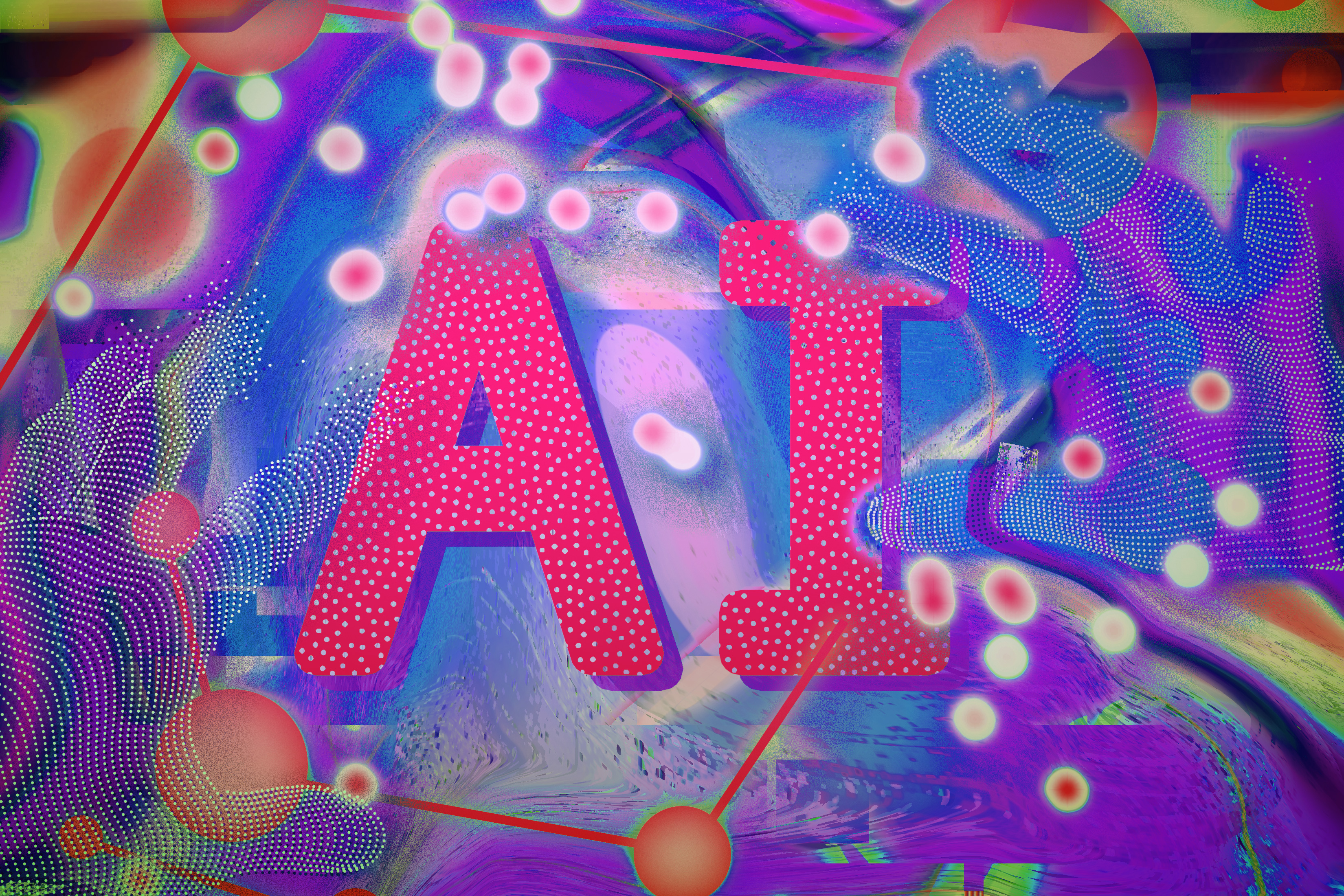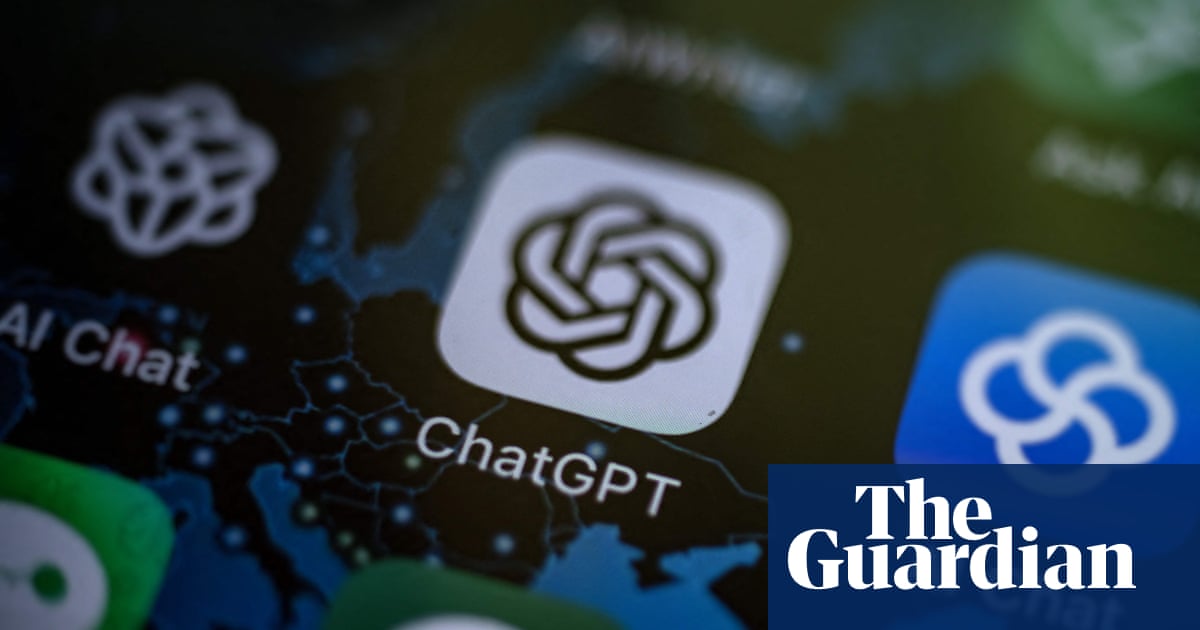You are using an out of date browser. It may not display this or other websites correctly.
You should upgrade or use an alternative browser.
You should upgrade or use an alternative browser.
California bill (AB 412) would effectively ban open-source generative AI
- Thread starter trappedslider
- Start date
Not a Decepticon
Hero
Slipperly slope argument is a common fallacy.Will be fun when we get to the "copyright law is too stifling" stage of this debate.
OB1
Jedi Master
I may be typing from a place of ignorance here, and am looking to understand the issue better, but as long as the output doesn't violate existing copyright law (ie the output work is significantly different from the original so as to not run afoul of copyright law) why do artists need protection for the training of AI models? Isn't it mimicking what humans do when we train ourselves in the arts?
trappedslider
Legend
I may be typing from a place of ignorance here, and am looking to understand the issue better, but as long as the output doesn't violate existing copyright law (ie the output work is significantly different from the original so as to not run afoul of copyright law) why do artists need protection for the training of AI models? Isn't it mimicking what humans do when we train ourselves in the arts?

Explained: Generative AI
What do people mean when they say “generative AI,” and why are these systems finding their way into practically every application imaginable? MIT AI experts help break down the ins and outs of this increasingly popular, and ubiquitous, technology.
One of the world’s largest AI training datasets is about to get bigger and ‘substantially better’
EleutherAI is working on building an updated version of the Pile, one of the world's largest datasets used to train AI models.
Currently, the out put that you create with a tool like Dall-E 3 can't be copyrighted.
The issue comes into how Dall-E and others were trained on what data, is it fair use and other questions. I'm sure others will happily reply with articles pointing out how bad generative AI is that aren't unbiased.
Theory of Games
Storied Gamist
The wave is hitting across the pond

 www.theguardian.com
www.theguardian.com

Ministers reconsider changes to UK copyright law ahead of vote
Exclusive: Proposals to introduce opt-out system of copyright rules no longer preferred option amid criticism from creative industries
Scribe
Legend
I may be typing from a place of ignorance here, and am looking to understand the issue better, but as long as the output doesn't violate existing copyright law (ie the output work is significantly different from the original so as to not run afoul of copyright law) why do artists need protection for the training of AI models? Isn't it mimicking what humans do when we train ourselves in the arts?
What do you think this is. Created with Dall-E in seconds.
OB1
Jedi Master
Looks like an old Jedi Knight. But what is the issue? My calculator can do calculations that took humans hours to days by hand in the past. Again, if I tried to sell a collection of artwork that I made in the above style, I would run up against the copyrights that Disney owns and get shut down, just like if I made it by hand.
The Firebird
Commoner
Some thoughts:I may be typing from a place of ignorance here, and am looking to understand the issue better, but as long as the output doesn't violate existing copyright law (ie the output work is significantly different from the original so as to not run afoul of copyright law) why do artists need protection for the training of AI models? Isn't it mimicking what humans do when we train ourselves in the arts?
1) It isn't really mimicking humans in that it isn't learning like humans learn, and isn't thinking like humans think. People tend to get pretty upset if you imply this.
2) But, it is mimicking to the extent it is taking in lots of data and then outputting something new. Just at a very rough level.
3) It's an outstanding question how much training data is retained in the models. Things that are ubiquitous (Shakespeare, Mario) can be reproduced exactly. Things that only occur in rare contexts (i.e., something following a set of words that occurs only once in the training set) can also be reproduced directly.
4) Because of (3), some argue they are not outputting new things, but just copying things from the training data. This means they effectively include copywritten material in the model.
5) However, they also transform and modify the output substantially. The goal of AI is explicitly not to copy, and direct copying is considered undesirable. So what they are doing is distinct from say, downloading a bunch of pdfs and letting the user peruse them.
6) Patches and workarounds for (4) might not eliminate the copywritten data in the model. So even if the model isn't outputting copywritten stuff, it still is there, buried, and that stuff is necessary for it to produce what it produces. It's relying on copywritten things even if it is not producing them.
7) Some people are upset at the idea of training on copywritten stuff at all, even if the generative program could never reproduce it. They view it as different from say, a human reading. Part of this may depend on how the data is accessed. A NYTimes subscription may be fine for a human to read and learn but not a program.
Scribe
Legend
Looks like an old Jedi Knight. But what is the issue? My calculator can do calculations that took humans hours to days by hand in the past. Again, if I tried to sell a collection of artwork that I made in the above style, I would run up against the copyrights that Disney owns and get shut down, just like if I made it by hand.
Nah, I'm not going to get into this. Its not a calculator. Its not even remotely the same scale, capacity, and potential for harm.
Just another day I wish this forum had an 'ignore thread' feature.
Currently, the out put that you create with a tool like Dall-E 3 can't be copyrighted.
In the US (this thread doesn't have the furriners-away tag, I think this precision is necessary), elsewhere it is perfectly possible to copyright it. And even in the US, it was the initial stance of the US copyright office, which have evolved over time. The latest version of their stance is :
US copyright office said:“After considering the extensive public comments and the current state of technological development, our conclusions turn on the centrality of human creativity to copyright,” said Shira Perlmutter, Register of Copyrights and Director of the U.S. Copyright Office. “Where that creativity is expressed through the use of AI systems, it continues to enjoy protection. Extending protection to material whose expressive elements are determined by a machine, however, would undermine rather than further the constitutional goals of copyright.”
Basically, if you prompt "1-girl", you can't claim intellectual ownership of the output in the US, but you can if you imagine an image in your head and have it drawn by any system, be it a chalk, a brush, a digital stylus or an AI.
Recent & Upcoming Releases
-
June 16 2026 -
June 16 2026 -
September 16 2026 
Arcana Unleashed(Dungeons & Dragons)
Rulebook featuring "high magic" options, including a host of new spells.
Replies (78) -
September 16 2026 -
October 1 2026 -
October 6 2026 -
January 1 2027






